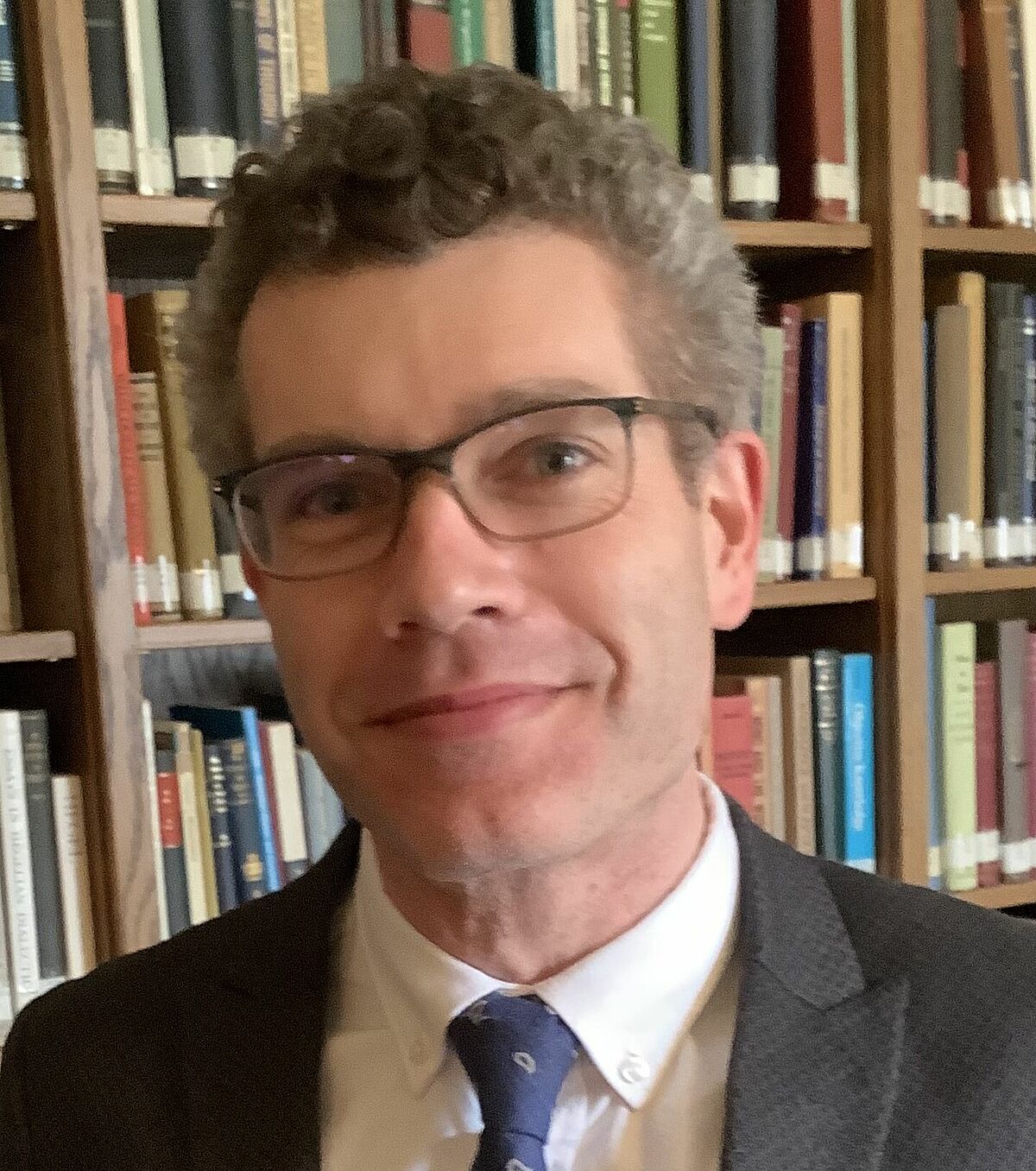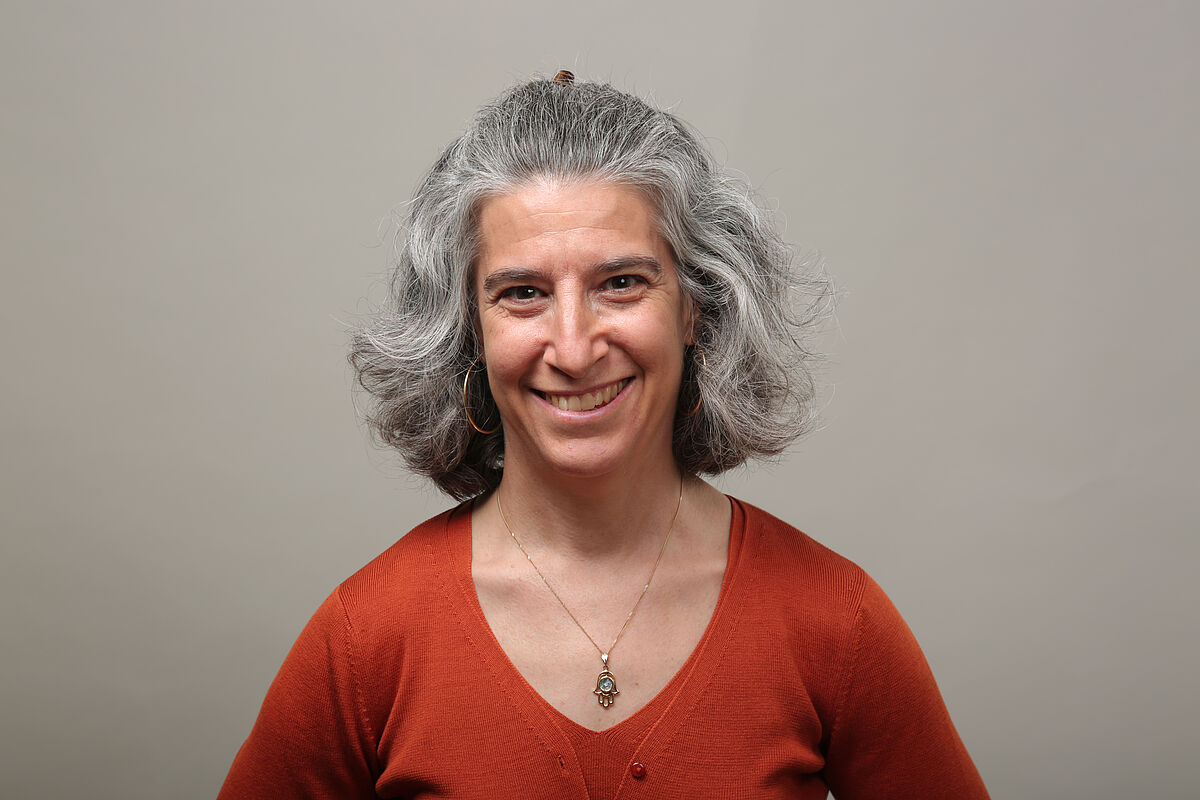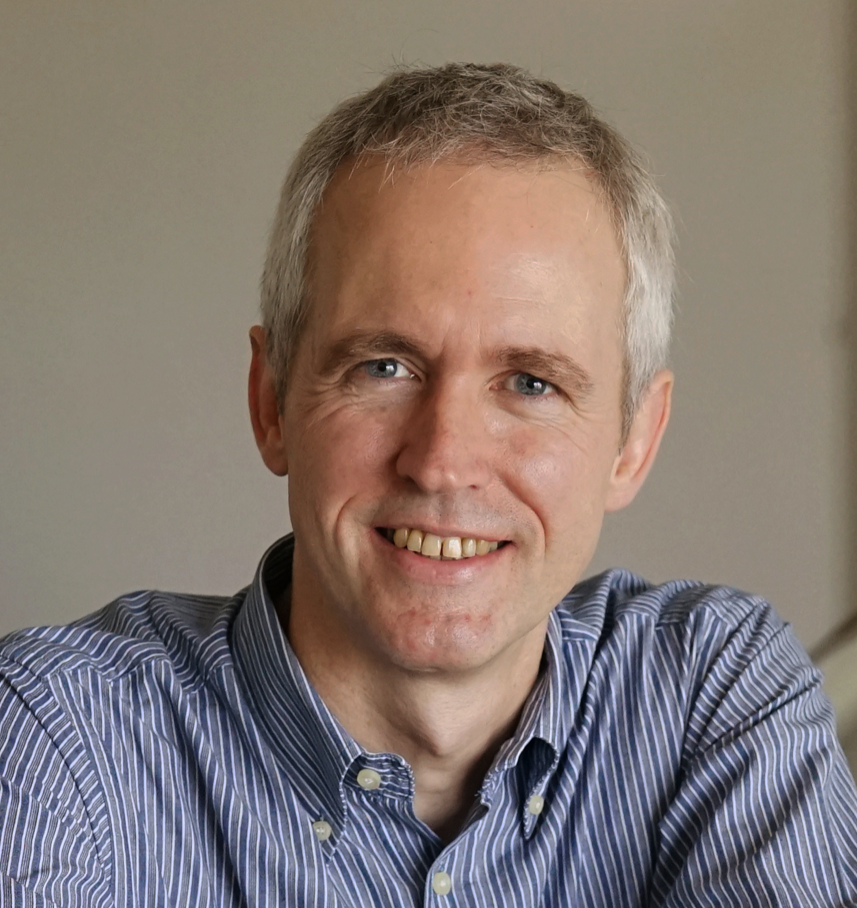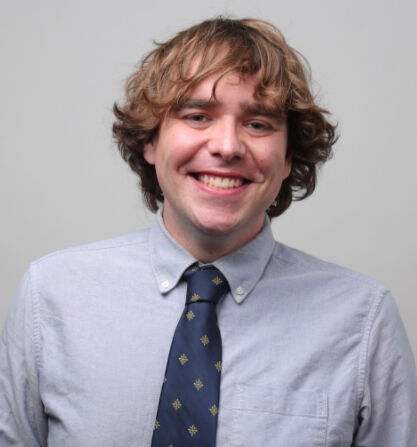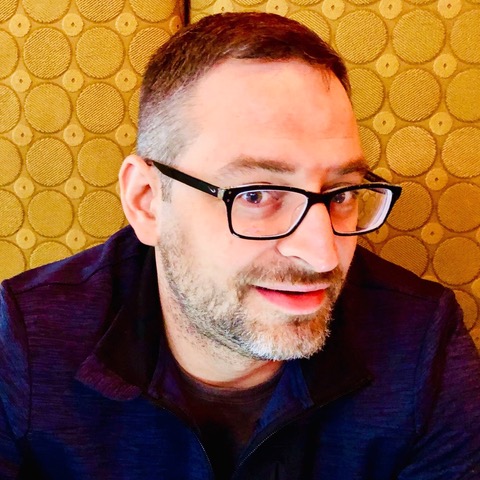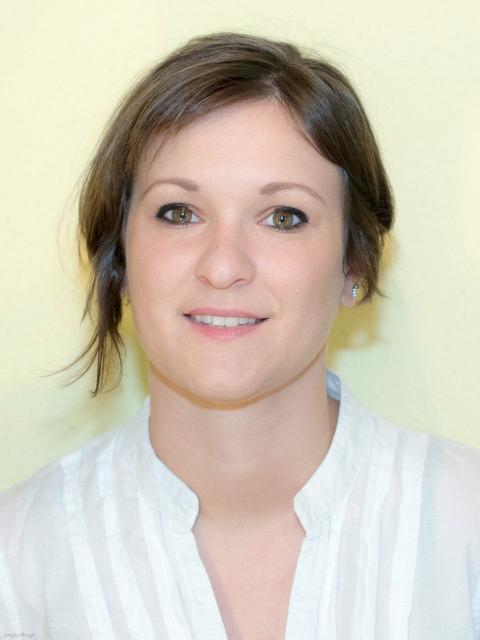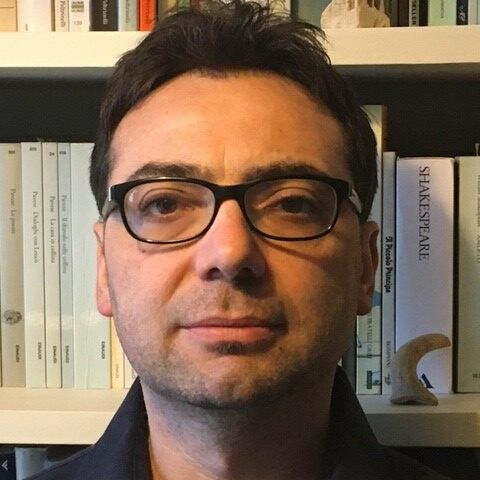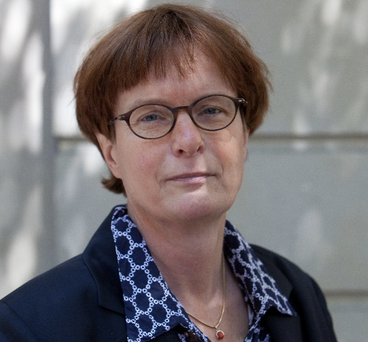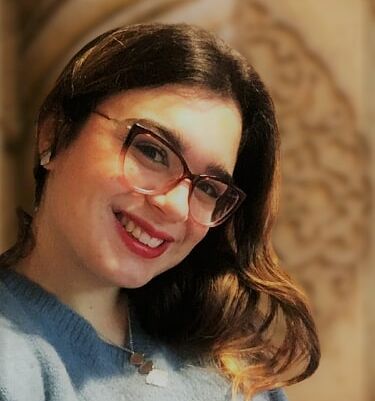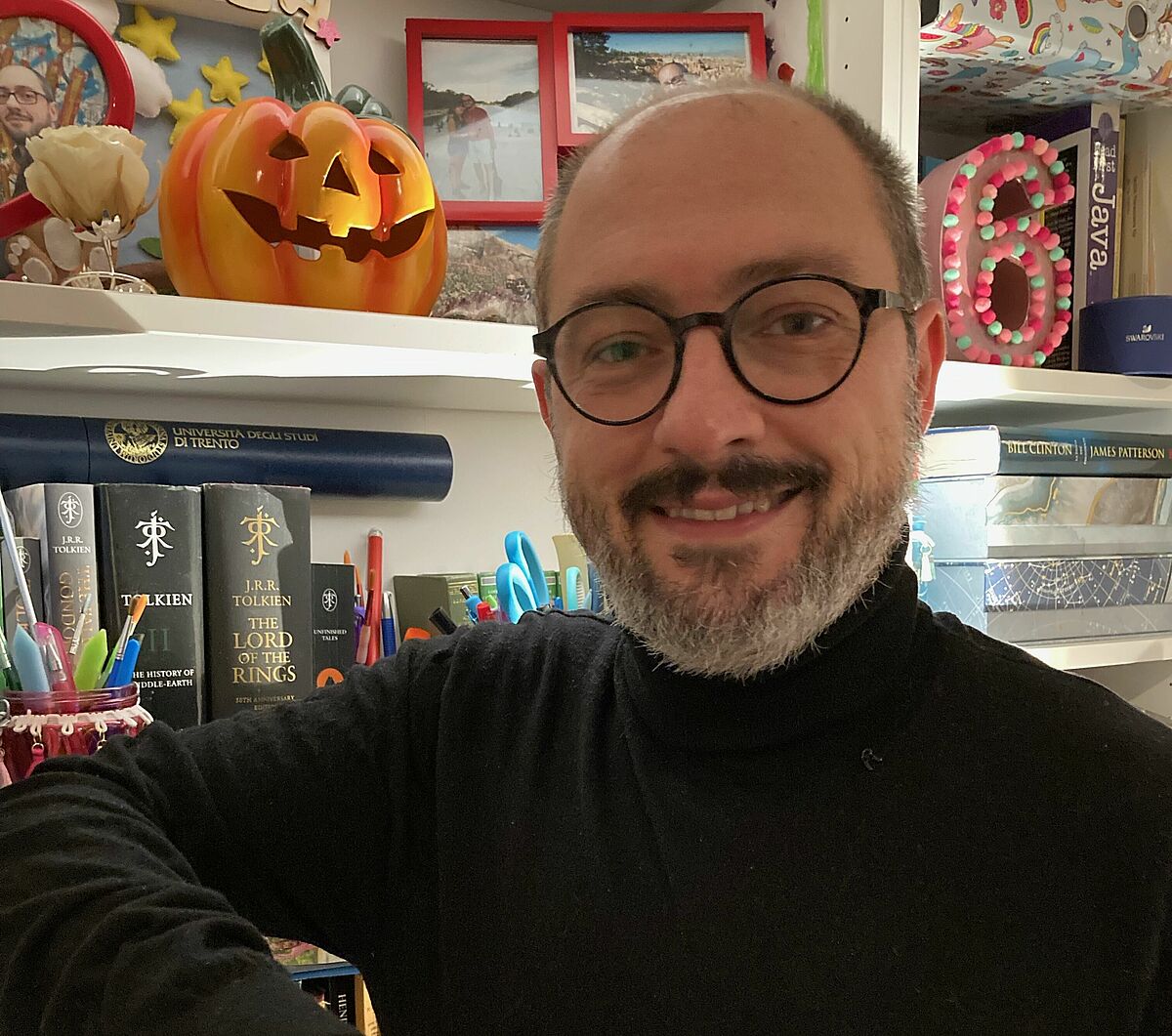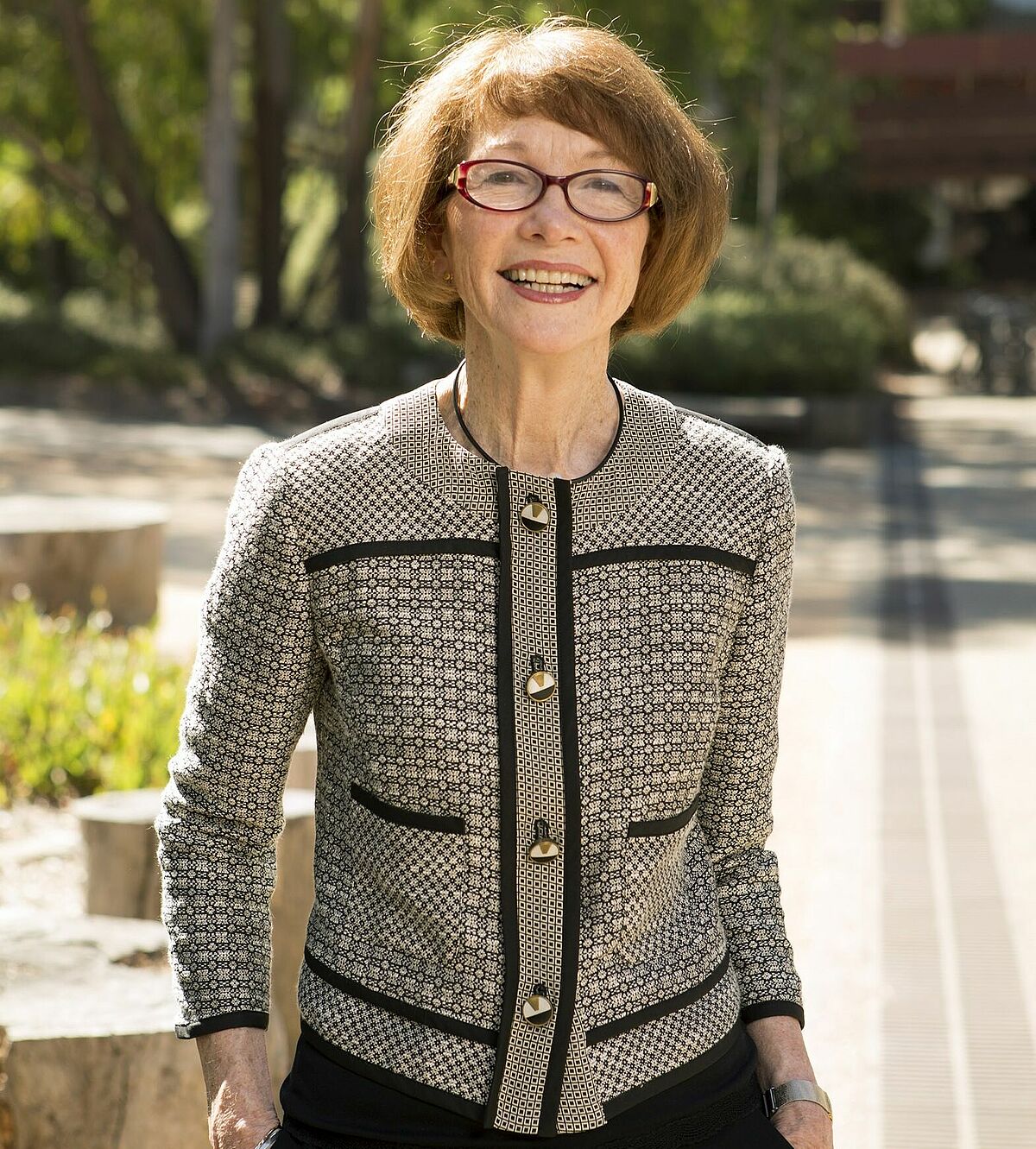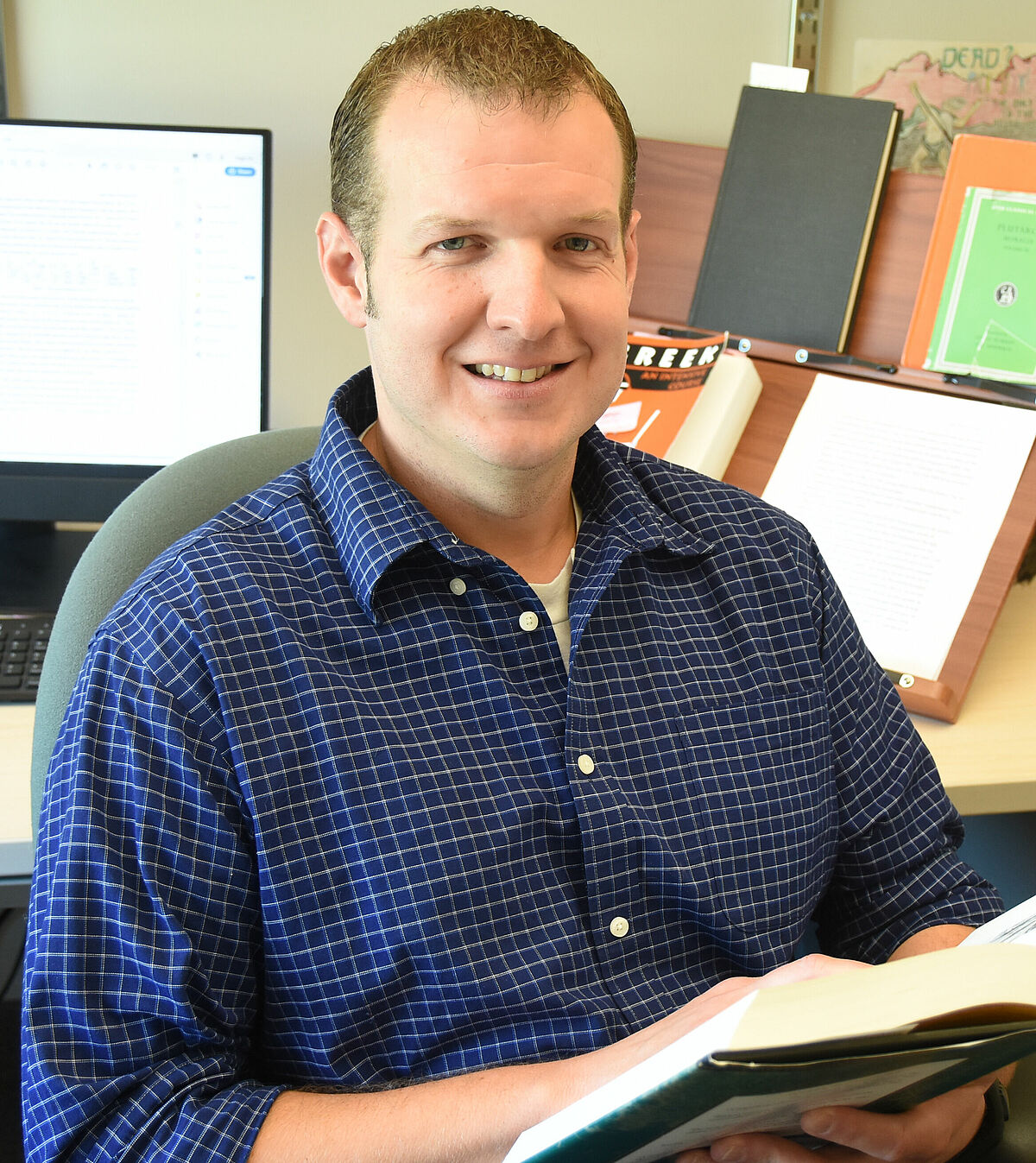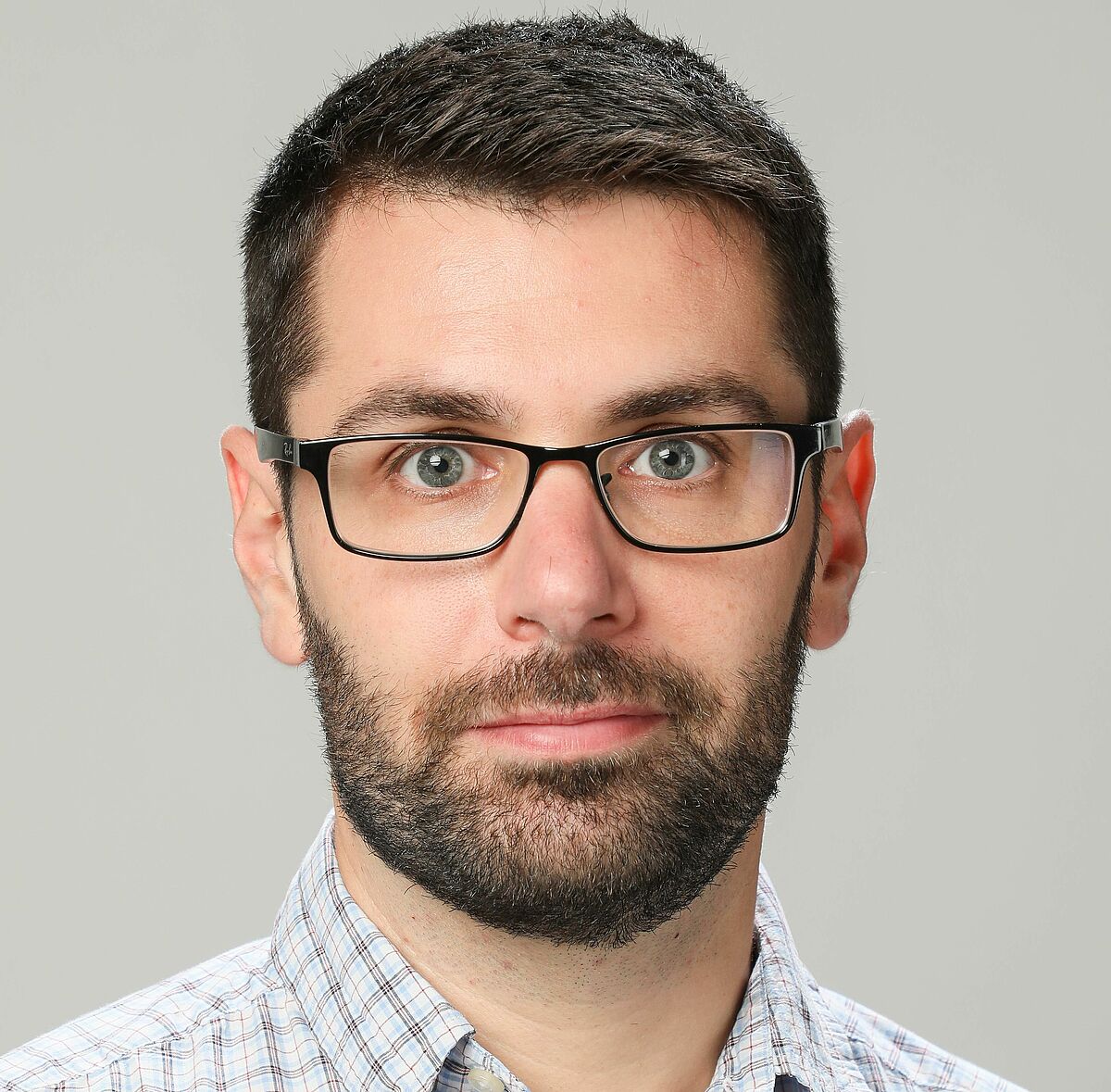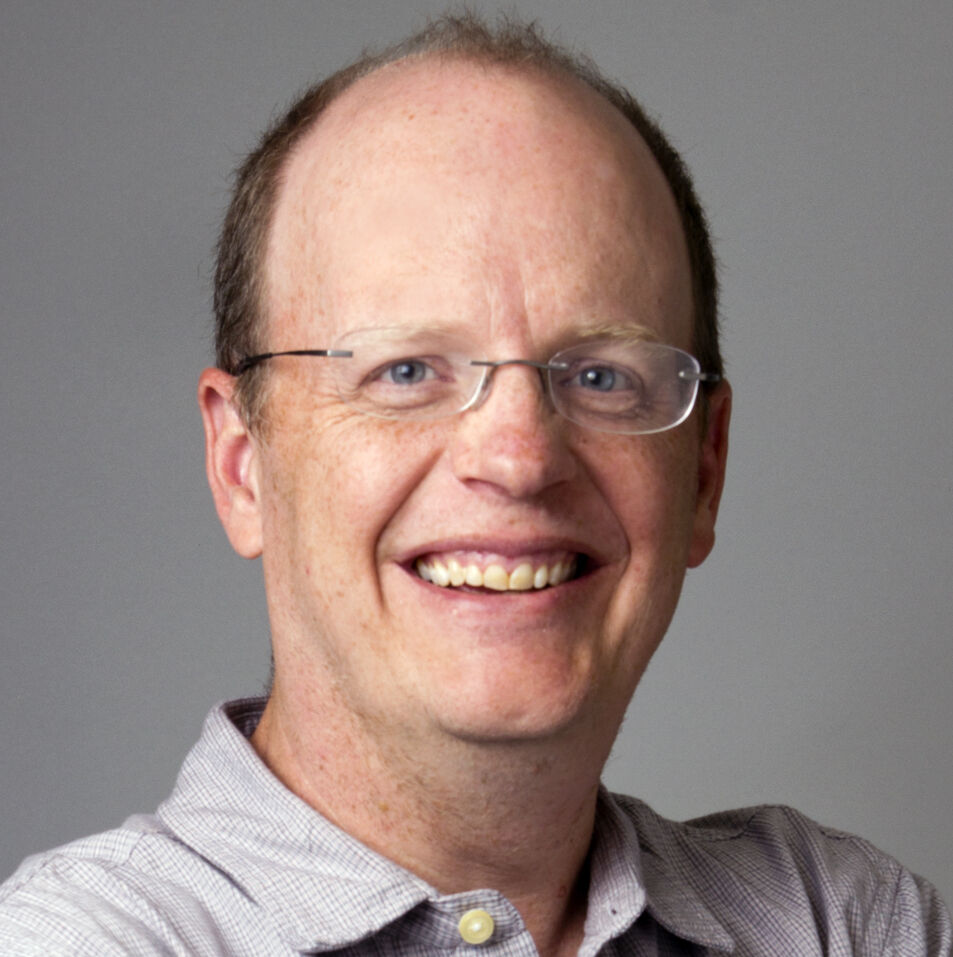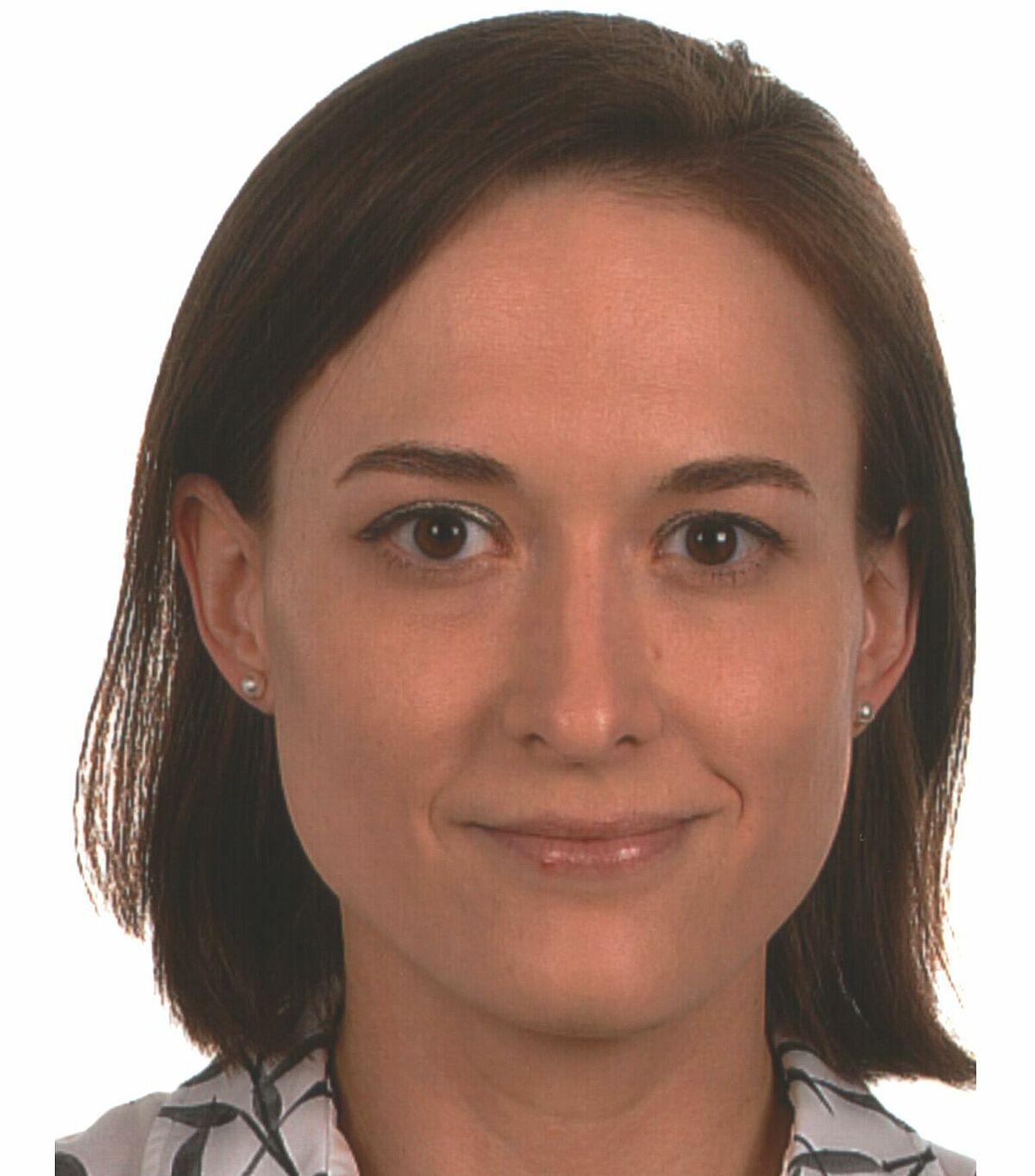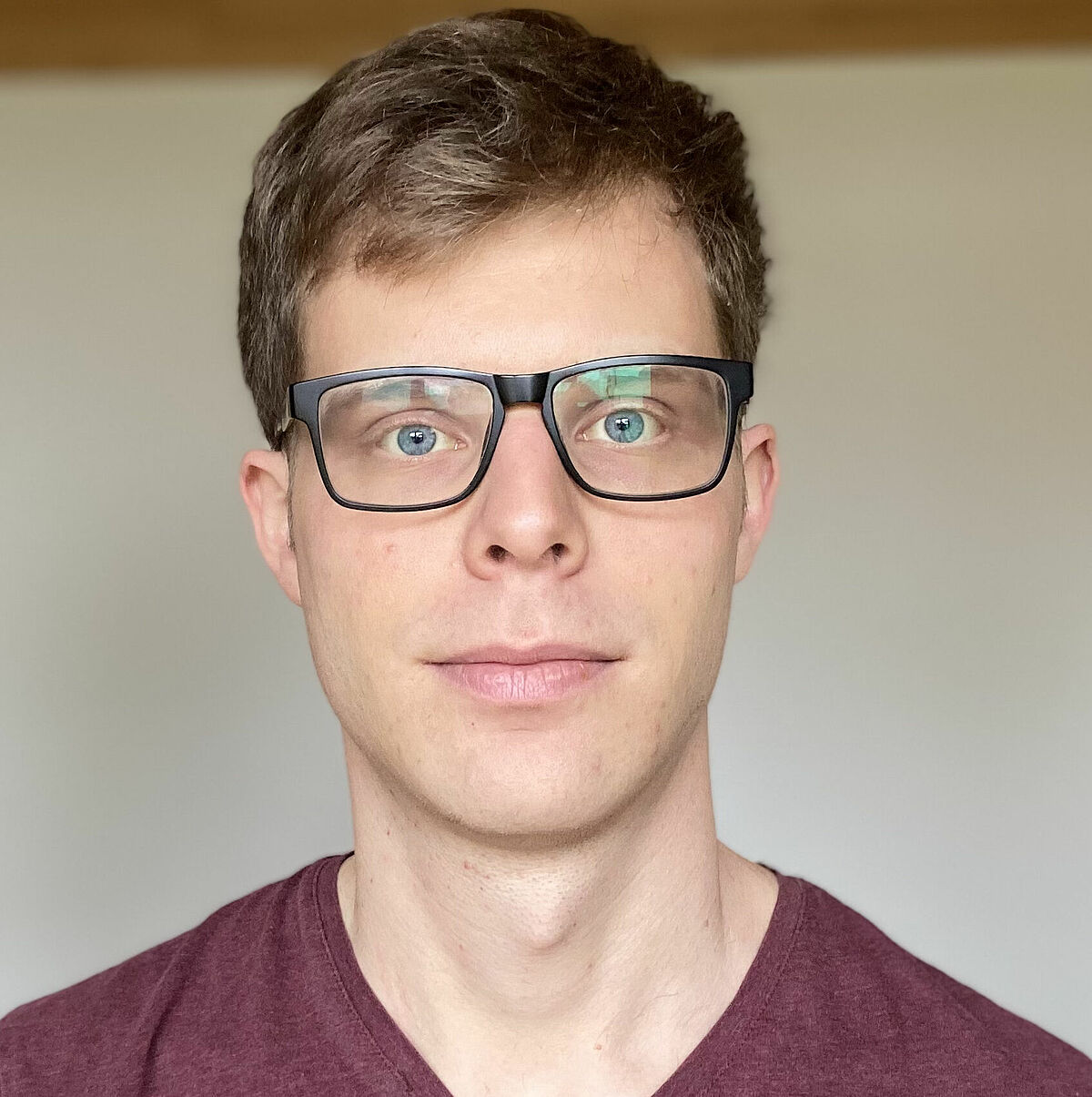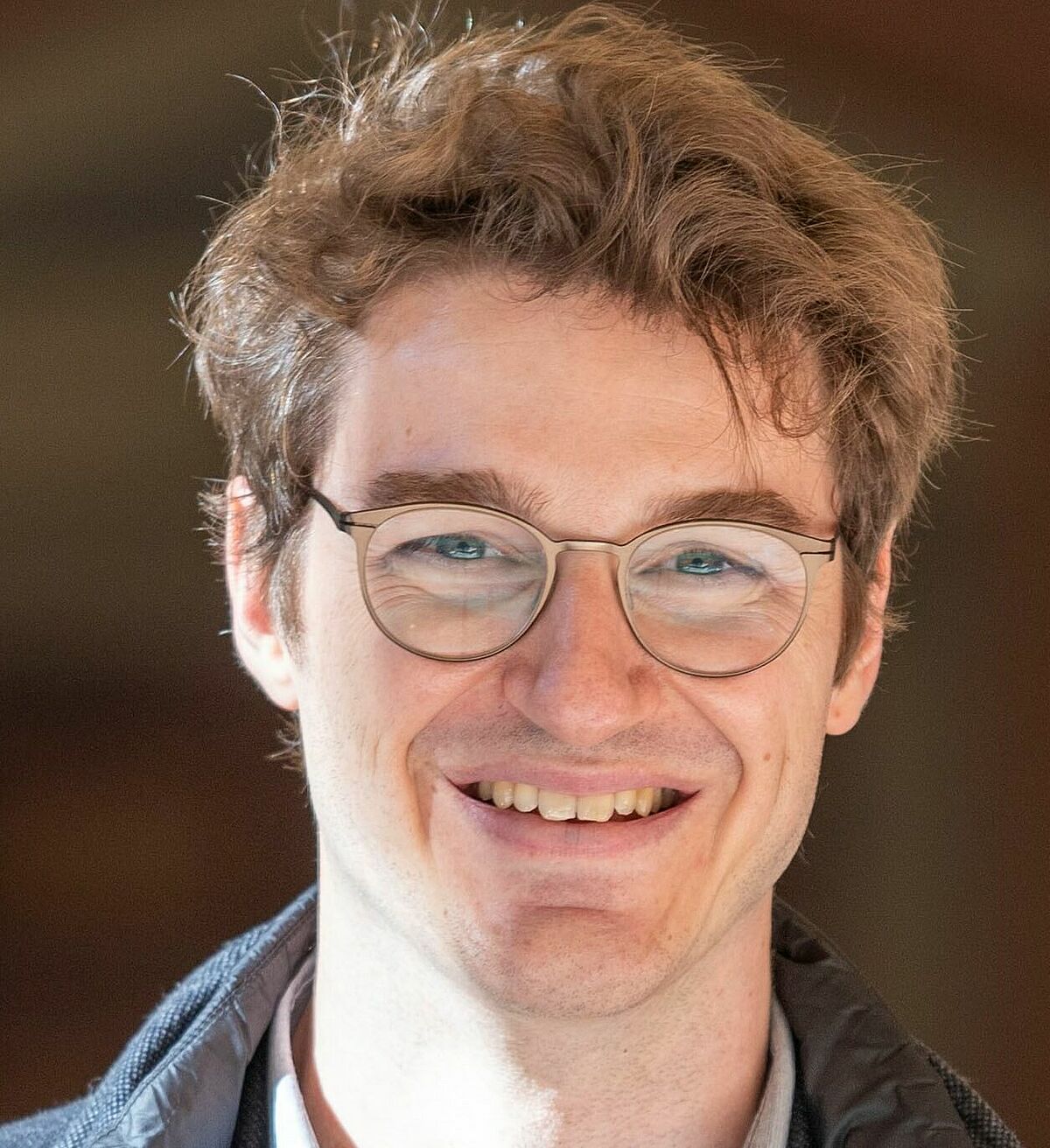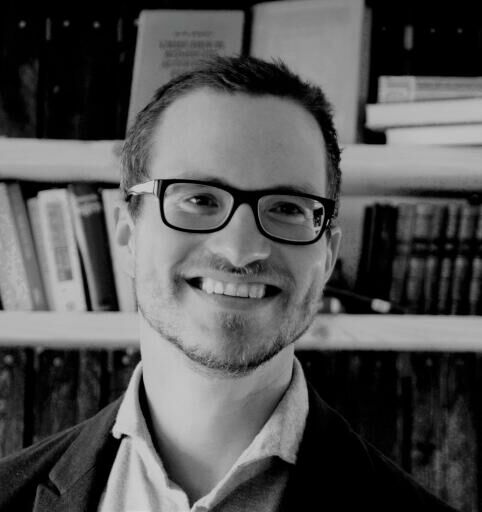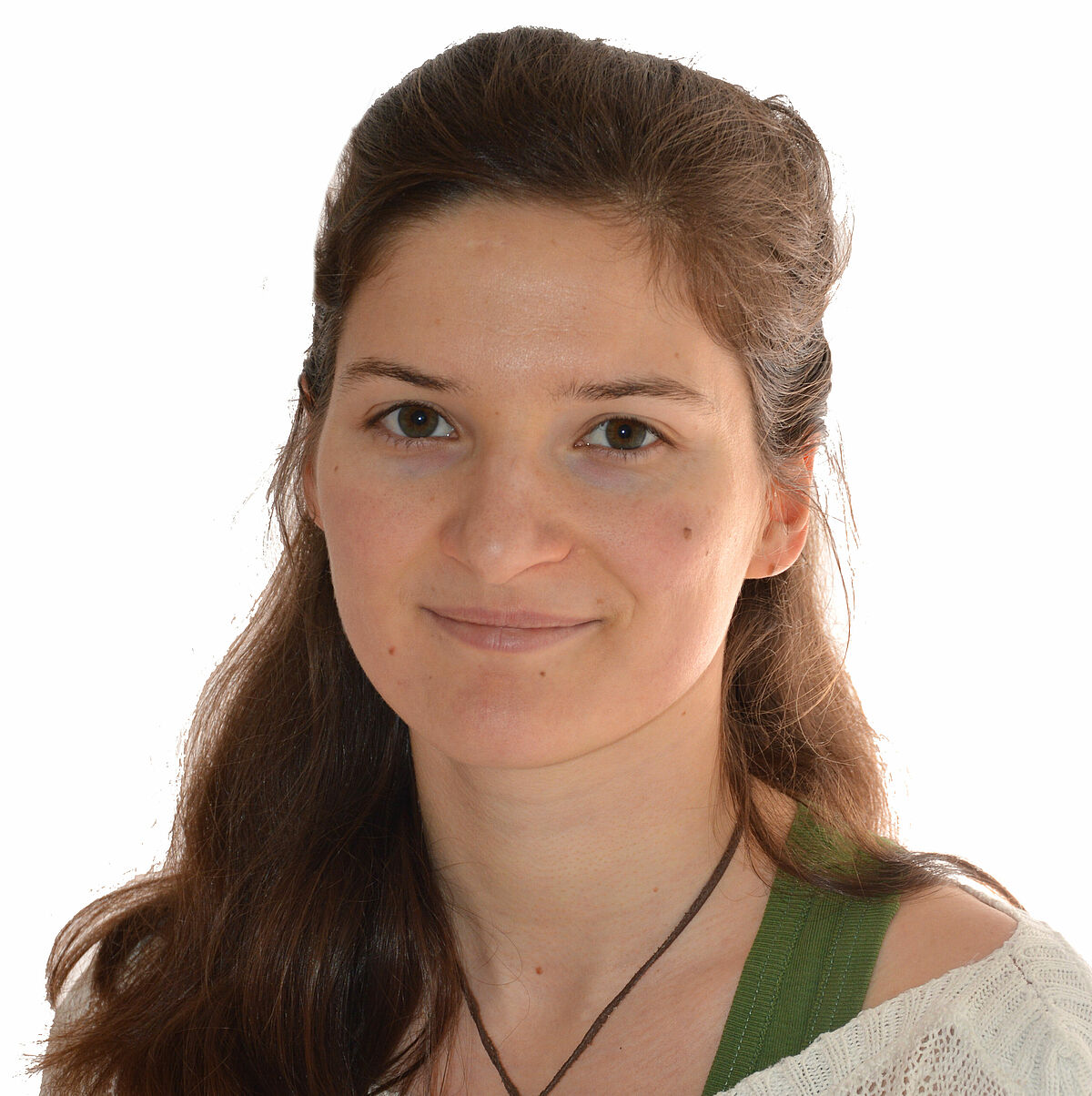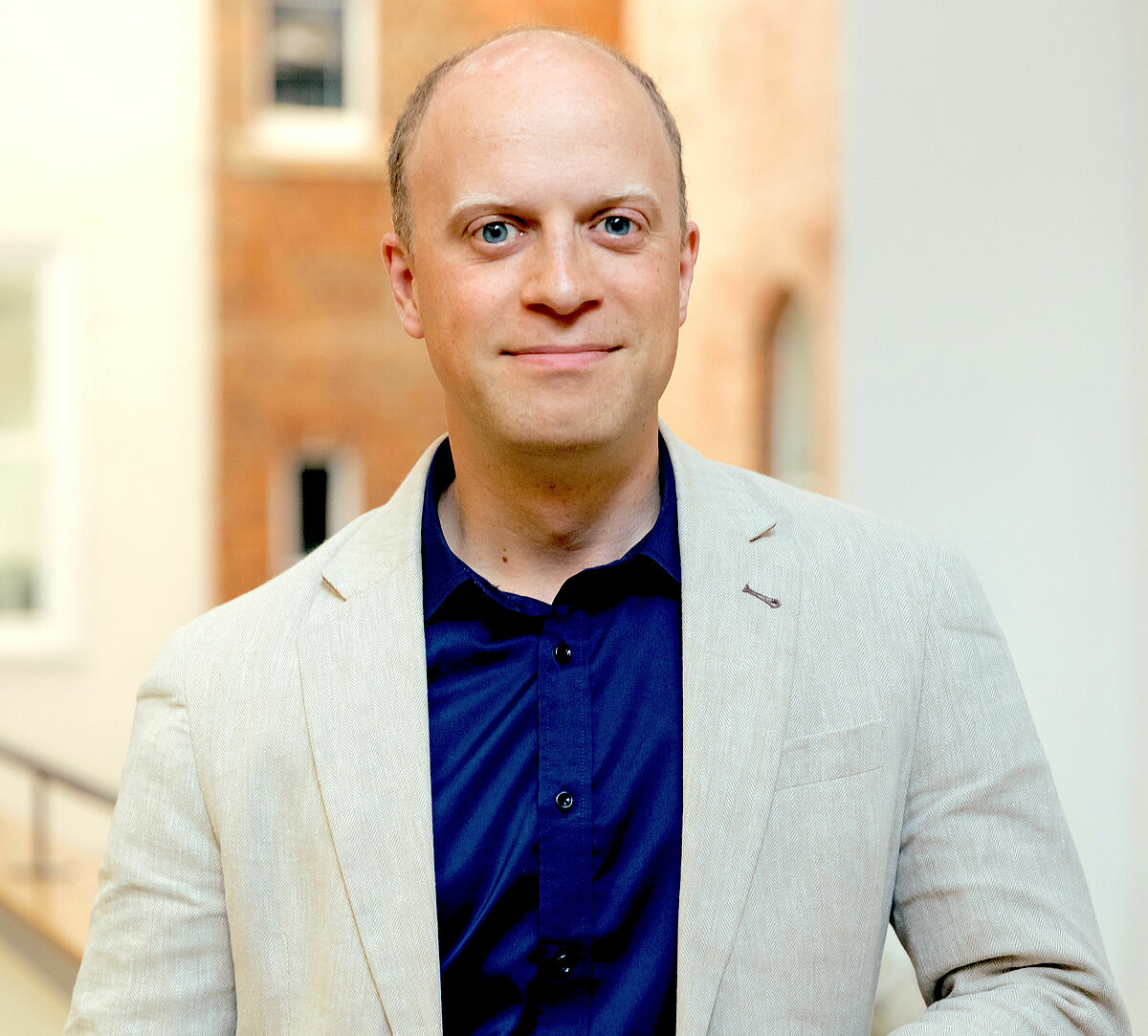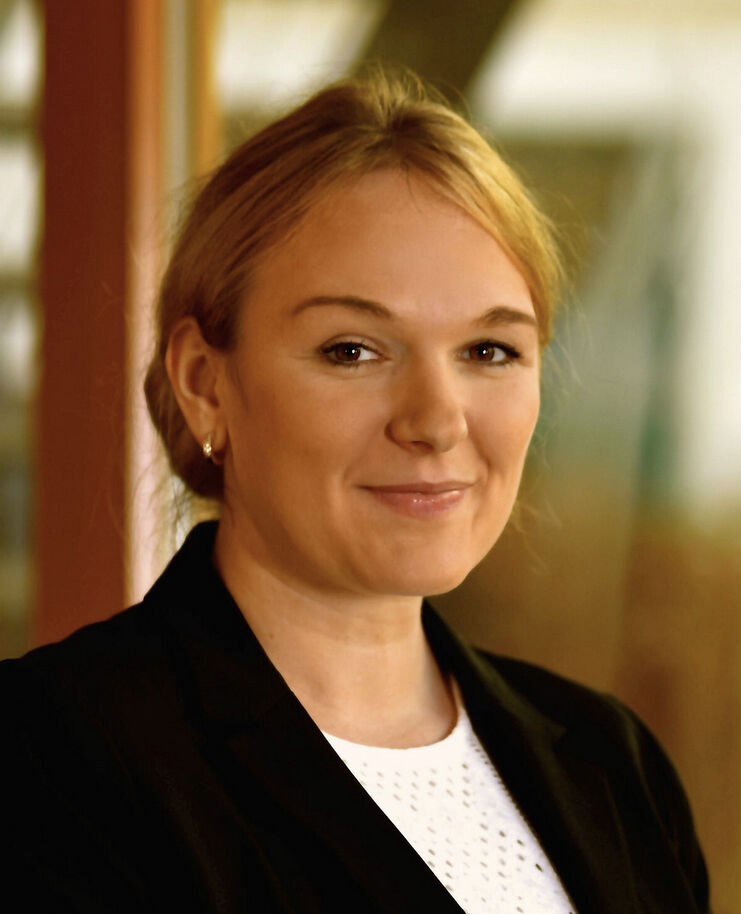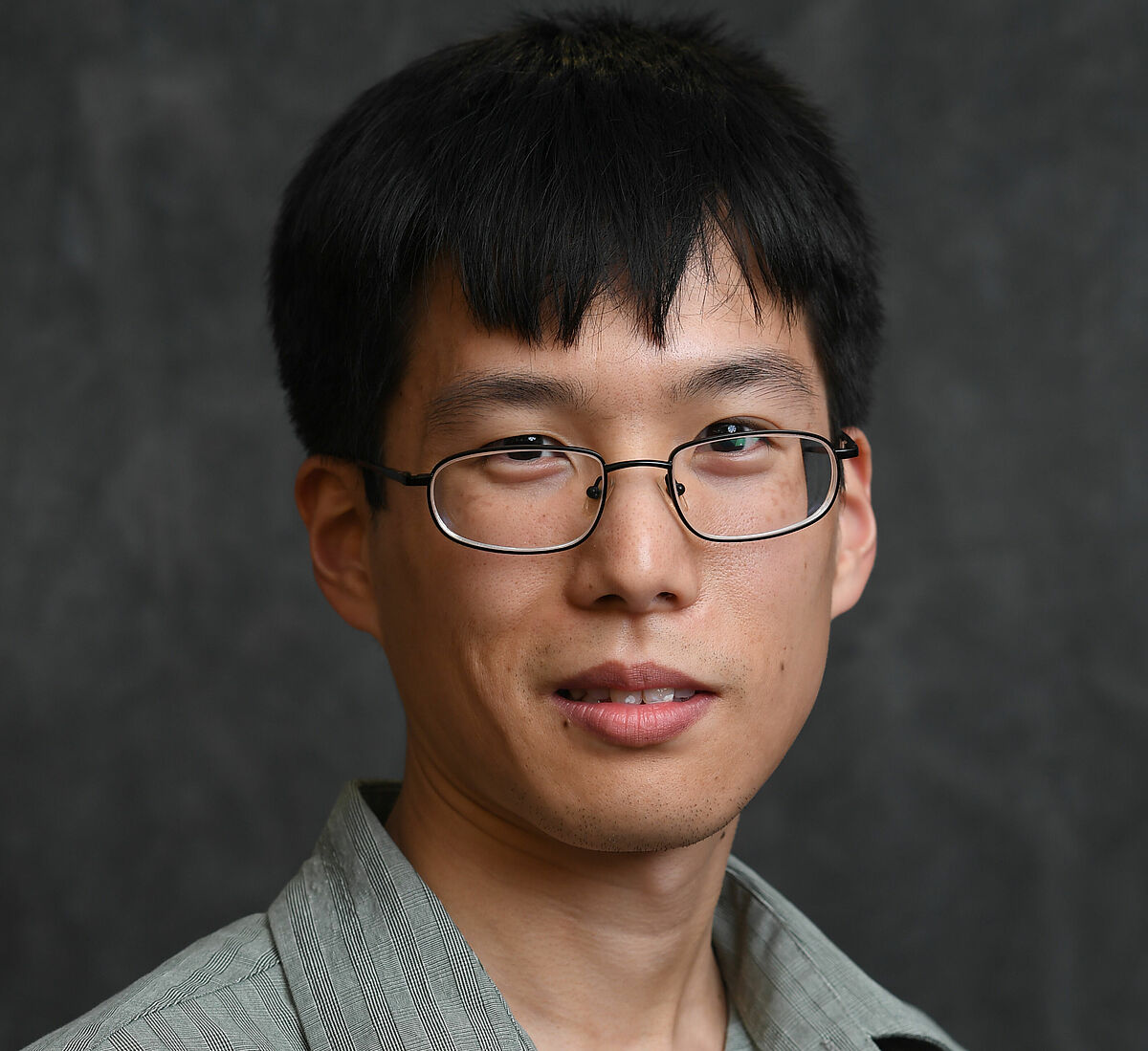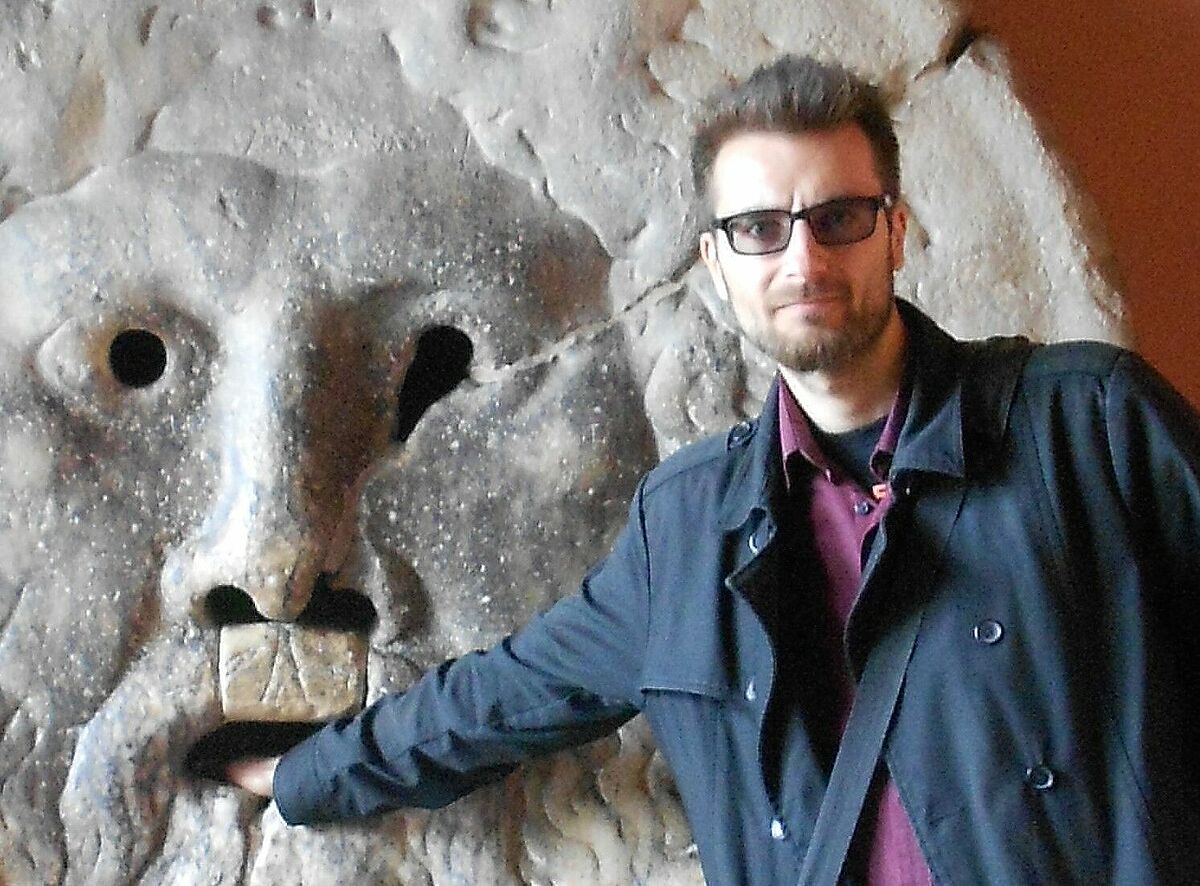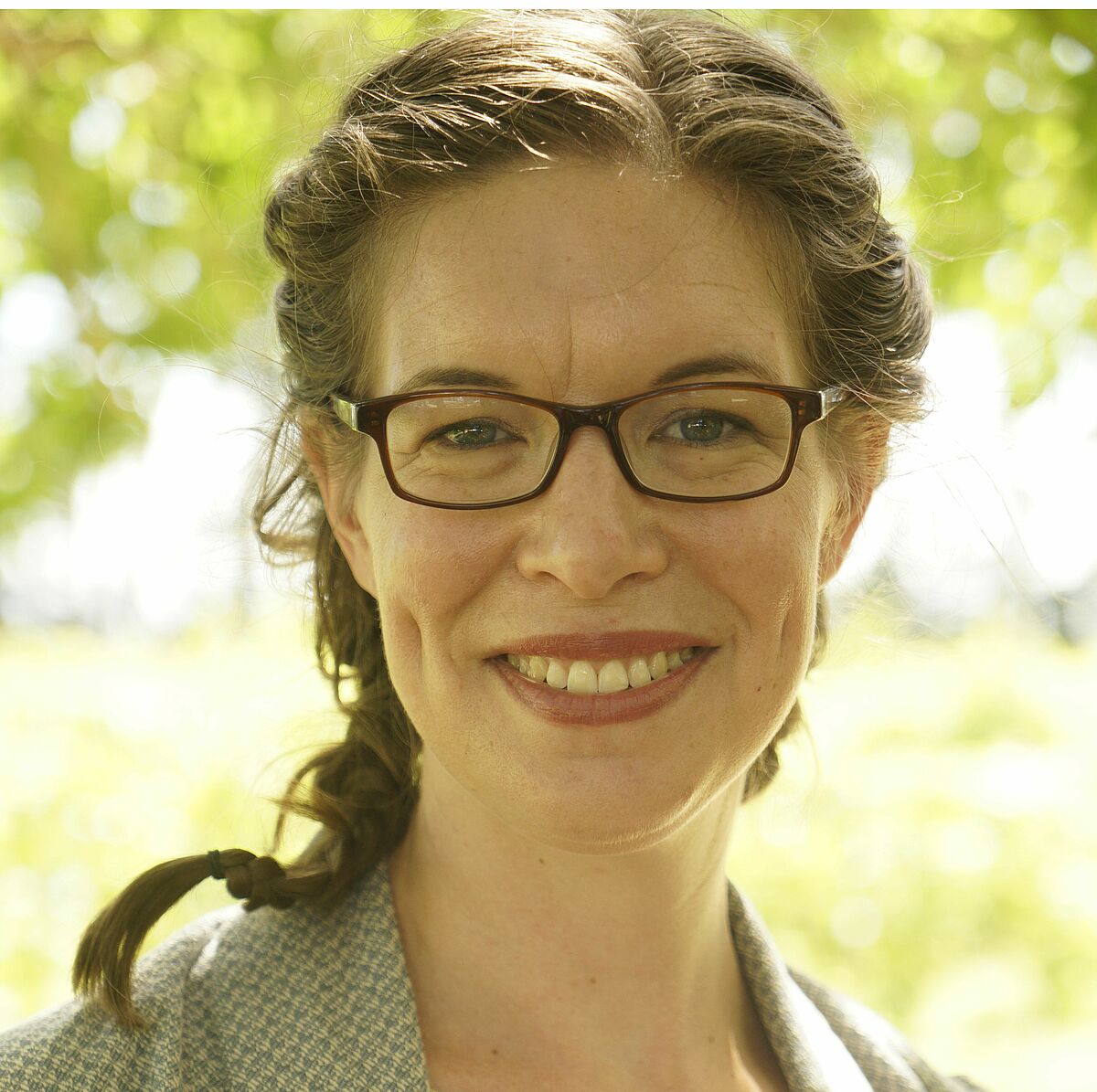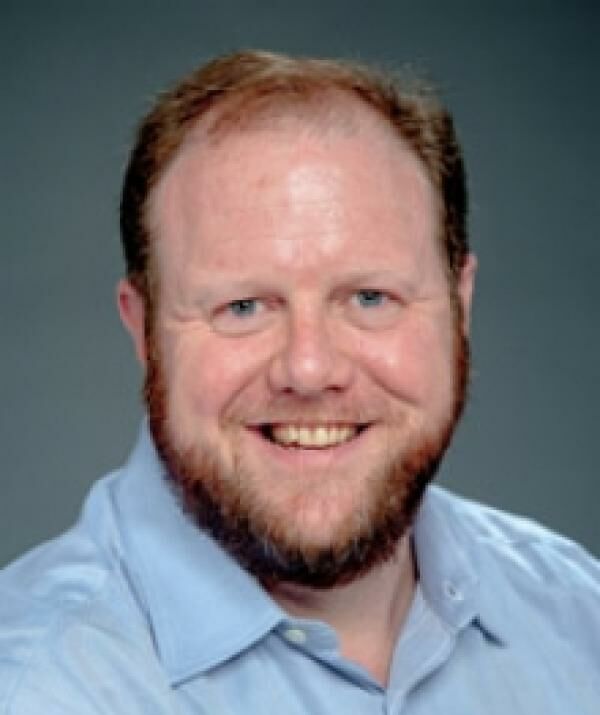Epic Speeches Network
Das Epic Speeches Network will innovative neue Forschungsarbeiten zur griechisch-römischen epischen Dichtung, insbesondere zur Verwendung der direkten Rede, hervorbringen, indem es Methoden und theoretische Modelle aus der Narratologie, der Diskursanalyse, der Linguistik und den digitalen Geisteswissenschaften kombiniert und Wissenschaftler:innen mit komplementärem Fachwissen in einem kollaborativen Umfeld zusammenbringt.
Die Initiative für dieses neue Netzwerk geht von der DICES-Projektgruppe aus. Neue Mitglieder sind jedoch herzlich willkommen, sich an der gemeinsamen Forschungsagenda und der verknüpften Open-Data-Initiative des Epic Speeches Network zu beteiligen.
Erstes Teilprojekt des Netzwerkes: ein Sammelband, der das Potenzial experimenteller digitaler Methoden (wie der DICES-Datenbank) für die diachrone Analyse von direkten Reden in der griechisch-römischen epischen Tradition aufzeigt. Zu diesem Zweck organisiert das Netzwerk zwei Workshops an der Universität Rostock (Deutschland) im Sommer 2022 und der Mount Allison University (Kanada) im Sommer 2023.
Gründer:innen
Christopher W. Forstall (Mount Allison University)
Christopher W. Forstall is Assistant Professor of Classics at Mount Allison University, Canada, where he teaches courses in Greek and Roman literature and languages as well as in digital humanities. He received his PhD from the State University of New York at Buffalo in 2014, and has worked as a post-doctoral researcher in Classics at the University of Geneva and in the Department of Computer Science at Notre Dame University.
His research interests include the computational study of poetics and intertextuality in Greek and Latin Epic, with occasional comparative forays into more contemporary media.
Christopher Forstall is the author, with Walter J. Scheirer, of Quantitative Intertextuality (Springer, 2019), a handbook of digital methods for the study of intertextuality.
Together with Simone Finkmann and Berenice Verhelst he is a principal investigator of the DICES project.
Webpage: https://www.cwforstall.net/
Berenice Verhelst (University of Amsterdam)
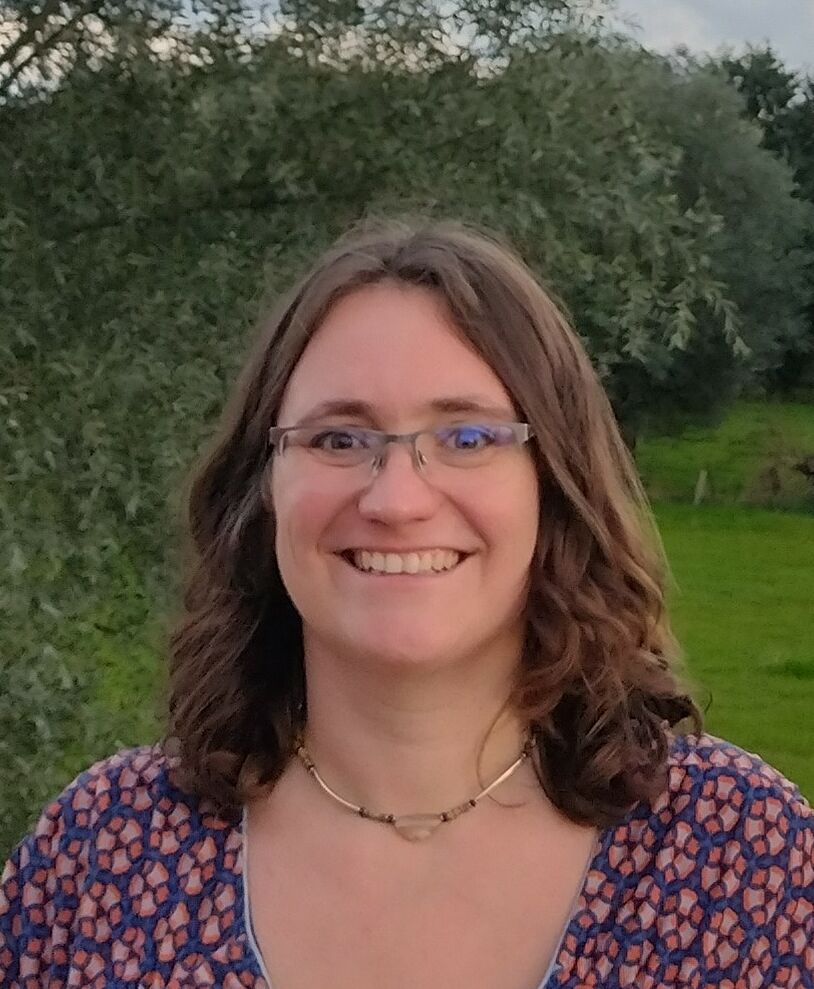
Berenice Verhelst is assistent professor for Ancient Greek at the University of Amsterdam. She was trained (MA 2009, PhD 2014) at the University of Ghent, where she was also active from 2015 to 2021 as a postdoctoral research fellow of the Research Foundation Flanders (FWO Vlaanderen).
Her research focusses on the greco-roman epic tradition. She particularly specialises in Late Antiquity and more specifically the Greek epics of Nonnus of Panopolis (5th c. AD) and the epyllia and ecphrastic poems of the so-called Nonnian poets. She works with the methods and terminology of narratology, genre studies and ancient rhetoric.
As one of the coördinators of the DICES project she is particularly interested in combining narratology and digital methods and quantifying the striking differences regarding style and structure of Late Antique (secular and Christian) versus Archaic and Classical epic poetry.
The results of her doctoral research project on direct speech in the Dionysiaca appeared in 2017 with Brill (+ digital appendix). She is editor of Nonnus in Context IV. Poetry at the Crossroads (Peeters, forthcoming 2022) and Greek and Roman Poetry of Late Antiquity. Form, tradition and context (co-editor Tine Scheijnen, CUP, forthcoming 2022). Other personal interests are translation theory and practice and the history of translating the Classics.
Webpage: https://www.uva.nl/en/profile/v/e/b.verhelst/b.verhelst.html
Academia: https://uva.academia.edu/BereniceVerhelst
Autor:innen
Deborah Beck (University of Texas at Austin)
Deborah Beck (PhD Harvard University, 1997) is Associate Professor in the Department of Classics at the University of Texas at Austin, where she has taught since 2009. She has been Plumer Visiting Research Fellow at St. Anne’s College, University of Oxford, Homeric Studies Fellow at the Center for Hellenic Studies, and has won two grants from the National Endowment for the Humanities. In 2021, she won the Society for Classical Studies Award for Excellence in Teaching Classics at the College and University Level. She has also worked at Rice University, Colgate University, the Pennsylvania State University, and Swarthmore College.
Her research interests in classical epic include formulas and oral aesthetics in Homeric epic, speech and speech representation, epic similes, and cognitive theories of reading and interpretation.
She is the author of The Stories of Similes in Greek and Roman Epic Poetry (forthcoming, Cambridge University Press), and two books on Homeric poetry, Homeric Conversation (Harvard University Press, 2005) and Speech Presentation in Homeric Epic (University of Texas Press, 2012). She has created two public-access databases, one on Homeric speech and one on epic similes. In addition to her scholarly writing, she regularly publishes opinion essays in general interest publications.
Webpage: https://liberalarts.utexas.edu/classics/faculty/db27745
Valéry Berlincourt (University of Geneva)
Valéry Berlincourt (PhD University of Neuchâtel 2008 in Classics) is a Lecturer and a Swiss National Science Foundation (SNSF) Researcher involved in the project Digital Statius: the Achilleid (https://achilleid.unige.ch) at the University of Geneva, and a Lecturer at the University of Neuchâtel. In previous years he was also active at the University of Basel as a Researcher with an SNSF Ambizione grant (2014-2017) and at the University of Lausanne as a Lecturer.
He is the author of Commenter la Thébaïde (16e-19e s.): Caspar von Barth et la tradition exégétique de Stace (Leiden–Boston 2013, Jozef IJsewijn Prize 2015 of the International Association for Neo-Latin Studies).
Valéry Berlincourt is currently working on a new monograph on self-imitation and self-allusion in Claudian's epico-epidictic poetry.
His research also focuses on the history of the printed editions of Statius in relation to the manuscript transmission (book in preparation).
Webpage: https://www.unige.ch/lettres/antic/unites/latin/enseignants/valery-berlincourt/
Academia: https://unibas.academia.edu/Val%C3%A9ryBerlincourt
T. J. Bolt (Florida State University)
T.J. Bolt is the Dean’s Post-doctoral Scholar in Latin Literature at Florida State University. He specializes in the poetry of Statius, aesthetics, and Digital Humanities. He received his Ph.D. from the University of Texas at Austin, his M.Phil. from the University of Oxford, and his B.A from Lafayette College.
He is at work on articles that explore the aesthetics of literary parody in the first and second centuries CE as well as the intellectual history of humor in Greco-Roman literature and culture. He is currently writing a monograph in which he investigates the intersections of humor, genre, and philosophy in the Latin epic tradition.
T.J. is also a research associate of the Quantitative Criticism Lab, an interdisciplinary Digital Humanities research group developing computational methods for text analysis of Latin, Greek, and other literary traditions.
His research focuses on digital stylometry and the style of genre in the Latin literary tradition.
Webpage: https://classics.fsu.edu/person/thomas-bolt
Academia: https://fsu.academia.edu/TJBolt
Patrick J. Burns (University of Texas at Austin)
Patrick J. Burns is a Research Associate in the Department of Human Evolutionary Biology at Harvard University studying historical psychology through Latin text analysis and natural language processing. Prior to this, he worked at the Quantitative Criticism Lab at the University of Texas at Austin and the Institute for the Study of the Ancient World Library after receiving his doctorate in Classics in 2016 from Fordham University.
His current book project is called Exploratory Philology: Learning about Ancient Greek through Coding which he will complete as part of a fellowship in spring 2022 at the Center for Hellenic Studies.
Patrick is a developer for the Classical Language Toolkit and author of the chapter "Building a Text Analysis Pipeline for Classical Languages" in the De Gruyter volume Digital Classical Philology: Ancient Greek and Latin in the Digital Revolution (ed. M. Berti.)
Lastly, Patrick tweets about digital classics under the Twitter handle @diyclassics.
Webpage: https://diyclassics.github.io/
Academia: https://utexas.academia.edu/PatrickJBurns
Ombretta Cesca (ANHIMA Center and EPHE)
Ombretta Cesca studied Classics at the University of Turin. She received her PhD from the University of Lausanne in 2018 with a thesis entitled Messaggeri di Zeus e degli uomini. Comunicazione verbale a distanza e ripetizione verbatim nell’Iliade [Messengers of Zeus and of mortals. Verbal distance communication and verbatim repetition in the Iliad], under the supervision of Prof. David Bouvier. From 2018 to 2021 she was employed as Post-doc Assistant, then as Teaching and Research Fellow in Ancient Greek at the University of Lausanne, where she taught Ancient Greek grammar and syntax, metrics and accentuation, and in parallel pursued her researches on divine messengers in ancient epics, mainly on Iris. She is currently a Swiss National Science Foundation Postdoctoral Fellow (FNS/SNF Postdoc.mobility) at the ANHIMA Center (Anthropologie et Histoire des Mondes Antiques) and EPHE (École Pratique des Hautes Études) in Paris, where she works on the project Le serment et les dieux dans les textes poétiques de la Grèce archaïque et classique [The oath and the gods in the poetic texts of Archaic and Classical Greece], in collaboration with Prof. Gabriella Pironti.
Ombretta’s main research interests are repetitions in the Iliad and the Odyssey, media and communication in Ancient Greece, the power of word and language in Archaic and Classical poetry, and the staging of gods in Homeric epics. Her scientific approach combines oral theory, narratology and history of ancient religions.
Her publications include several articles on Homeric epics as well as a forthcoming monograph (2022) entitled Ripetizione e riformulazione nell’Iliade.La pratica discorsiva dell’ἄγγελος nella rappresentazione omerica della comunicazione verbale a distanza [Repetition and reformulation in the Iliad. The discursive practice of the ἄγγελος in the Homeric representation of verbal distance communication], to be published by De Gruyter.
Academia: https://ephe-sorbonne.academia.edu/OmbrettaCesca
Roberto Chiappiniello Valente (Redmaids School, Bristol)
Roberto Chiappiniello Valente studied Classics at the University of Naples ‘Federico II’ and received his PhD from the University of Manchester (UK) with a thesis on late-antique poetry. He has worked at the University of Manchester as fixed-term lecturer on Greek and Latin literature and language and teaching fellow at the University of Leeds. He was also involved as post-doc assistant on a Digital Humanities research project on literary epigraphy at the University of Manchester.
His research interests within the field of Latin philology include pastoral and satire, late-antique poetry, intertextuality and narratology, reception theory.
He has published on late-antique Latin Christian poetry, reception of Euripides’ Medea in 20th-century Italian literature, and more recently on the adaptation of the paraclausithyron theme in Vergil’s Aeneid 2. His monograph on the fifth-century Latin poem Epigramma Paulini is under consideration for publication by De Gruyter. He is currently working on the influence of Homer’s Odyssey in narrative structure of Stefano D’Arrigo’s Horcynus Orca.
Academia: https://manchester.academia.edu/robertochiappiniello
Irene J. F. de Jong (University of Amsterdam)
Irene J. F. de Jong (University of Amsterdam) studied classics at the University of Amsterdam and from 2001 to 2021 held the chair of Ancient Greek at that university.
She specializes in the analysis and interpretation of the forms and functions of Greek narrative, making use of the modern theory of narratology.
She has published extensively on Homer, Herodotus, Greek lyric and tragedy, and ancient narrative in general. Recent publications include Homer Iliad Book XXII (Cambridge 2012), Narratology and Classics. A Practical Guide (Oxford 2014), and (with M. de Bakker) Speech in Ancient Greek Literature (Leiden 2022). She is currently writing a narratological commentary on Herodotus Histories.
Webpage: www.uva.nl/en/profile/j/o/i.j.f.dejong/i.j.f.de-jong.html
Martina Delucchi (University of Bristol)
Martina Delucchi is a Ph.D. candidate in Classics and Ancient History at the University of Bristol. She studied Classical Philology and Ancient History (MA) at the University of Pisa and Archaeology (MA) at the University of Genoa. She is currently completing her dissertation titled 'The Telephus Myth in Ancient Greek Literature and Art' spending a 9-month research period funded by the Ernst Mach Grant Worldwide (OeAD) in Vienna as a Visiting Researcher (Gastforscherin) at the Austrian Academy of Sciences (Österreichische Akademie der Wissenschaften).
Her research interests include cross-cultural exchanges between Greece and Anatolia and Greece and Rome; the intertextual relationship between ancient drama and epics, the development of Greek drama after the 5th century, ant the cross-pollination between art and literature.
She is involved in the UK-Ireland Digital Humanities Network and especially focusses her attention on Digital Papyrology, participating in and organising workshops and collaborating in the digitalisation of papyri for Papyri.info.
Webpage: https://research-information.bris.ac.uk/en/persons/martina-delucchi
Academia: https://bristol.academia.edu/MartinaDelucchi
William J. Dominik (University of Lisbon and University of Otago)
William J. Dominik is presently Integrated Researcher and Research Fellow of Classical Studies at the University of Lisbon, where he has also served as Invited Full Professor; he is also Professor Emeritus at the University of Otago, New Zealand and former Professor of Classics at the University of Natal, South Africa. In addition, Dominik has held a number of other visiting teaching and research positions at universities in the UK, Brazil, USA and Australia.
Dominik is the author or (co-)editor of a few hundred publications on Roman literature and rhetoric, the classical tradition and reception, lexicography and other topics, including monographs such as Brill’s Companion to Statius (2015), Petronii Satyricon Concordantia (2013), Writing Politics in Imperial Rome (2009), A Companion to Roman Rhetoric (2006), Flavian Rome (2003), Roman Eloquence (1997), The Mythic Voice (1994), and Speech and Rhetoric in Statius’ Thebaid (1994).
In addition to receiving research grants, awards and fellowships in Europe, Oceania and Africa, Dominik has delivered papers at several dozens of international conferences and universities, including a number of keynote addresses.
Webpages: centroclassicos.letras.ulisboa.pt/author/williamjdominik, www.otago.ac.nz/classics/staff/otago054474.html
Academia: lisboa.academia.edu/WilliamJDominik
Francesco Mambrini (Università Cattolica del Sacro Cuore)
Francesco Mambrini (oricd: 0000-0003-0834-7562) is a Researcher at the Università Cattolica del Sacro Cuore, Milan.
Previously, he worked as Research Assistant at the Deutsches Archäologisches Institut, Berlin, and at the University of Leipzig. In 2012 he was appointed Joint Fellow of the Center For Hellenic Studies and the Deutsches Archäologisches Institut for the academic year 2012-13.
He has cooperated with some of the most important projects in the Digital Humanities, including The Perseus Projects (where he was Visiting Scholar in 2009 and 2011), Arachne, and the Index Thomisticus Treebank. He has been one of the collaborators of the Ancient Greek And Latin Dependency Treebank (Perseus Project) since its foundation, and has curated the annotated versions of the tragedies of Aeschylus and Sophocles. Currently, he works for the ERC-funded project LiLa: Linking Latin.
Webpage: https://docenti.unicatt.it/ppd2/it/docenti/34146/francesco-mambrini/profilo
Academia: https://unicatt.academia.edu/FrancescoMambrini
Elizabeth Minchin (The Australian National University)
Elizabeth Minchin is Professor Emerita of Classics at the Australian National University, where she was awarded her PhD in 1990, and a Fellow of the Australian Academy of the Humanities.
Her principal field of research is the Homeric epics. The lens through which she studies the epics is the lens of memory and cognition. This approach has allowed her to consider the ways in which the Homeric poet, a poet working within an oral tradition, uses the resources of his own memory in his composition of the epics, in both narrative passages and speech exchanges. This research has been published in Homer and the Resources of Memory (Oxford 2001) and a number of book chapters and articles.
She married this mind-based approach with a sociolinguistic approach to character text in Homeric Voices: Discourse, Memory, Gender (Oxford, 2007).
She is editor of Orality, Literacy, Performance in the Ancient World (Orality and Literacy in the Ancient World, vol. 9) (Leiden: Brill, 2012) and (with Heather Jackson) Text and the Material World: Essays in Honour of Graeme Clarke (Uppsala: Astrom Editions, 2017).
Webpage: https://researchers.anu.edu.au/researchers/minchin-eh
Academia: https://anu-au.academia.edu/ElizabethMinchin
Charles Oughton (Brigham Young University)
Charles W. Oughton is an Assistant Professor in Classical Studies at Brigham Young University, where he has been since 2018. Before that, he held a two-year Postdoctoral Fellowship at Utah State University and completed his PhD at the University of Texas at Austin with a dissertation that analyzed the ways in which Livy uses the speech acts in the AUC to engage with the works of his predecessors, especially Polybius, to promote his place within the larger Greco-Roman historiographic tradition.
His research focuses mainly on ancient historiography and biography, with emphases on the response to the Greek historiographic tradition in Rome and the modern reception of the ancient historians. His recent and forthcoming publications focus on Plutarch, Herodotus, Livy, and Tolkien.
He has won several teaching awards, including an award from the Texas Language Center as the Best Foreign Language Instructor at UT-Austin, and has recently had two of his students win the Phinney Prize as the top performing Beginning Greek students on the College Greek Exam (CAMWS).
Webpage: https://humanities.byu.edu/person/charles-oughton/
Academia: https://byu.academia.edu/CharlesOughton
Matteo Romanello (University of Lausanne)
Matteo Romanello is Ambizione SNF Lecturer at the University of Lausanne, where he conducts a project on the commentary tradition of Sophocles’ Ajax.
He is a Classicist and a Digital Humanities specialist with expertise in various areas of the Humanities, including archaeology and history. After obtaining his PhD from King’s College London, he worked as a research scientist at EPFL’s DHLAB on the Linked Books and Impresso projects, before moving to his current position.
Matteo Romanello was also teaching fellow at the Heinrich Schliemann-Institute of Ancient Studies (University of Rostock), researcher at the German Archaeological Institute, and visiting research scholar at Tufts University.
Webpage: https://dhcenter-unil-epfl.ch/en/biography/matteo-romanello/
GitHub: https://github.com/mromanello
Jeff Rydberg-Cox (University of Missouri-Kansas City)
Jeff Rydberg-Cox is Curators' Distinguished Professor of English at the University of Missouri-Kansas City with a courtesy appointment in Computer Science.
He is also Director of the Classical and Ancient Studies Program.
Jeff Rydberg-Cox does research on methodologies for digitizing texts and other materials in the humanities, multispectral analysis of manuscripts and early printed books, and statistical analyses of Ancient Greek texts.
Webpage: https://cas.umkc.edu/profiles/english/jeff-rydberg-cox.html
Academia: https://independent.academia.edu/JeffRydbergCox
Rebekka Schirner (University of Mainz)
Rebekka Schirner studied Classics and Linguistics at the University of Mainz. She received her PhD from the University of Mainz in 2013 with a thesis on Augustine’s theory and practice regarding the existence of different biblical manuscripts and translations. Her thesis was awarded the prize of the Antonie Wlosok Foundation.
Schirner spent a couple of months as a visiting scholar at the University of St Andrews (2011) and at the University of Notre Dame (2013). She was awarded a research grant by the German Research Foundation to spend a year as a visiting scholar at University College London (2017/2018).
Schirner completed her habilitation treatise on emotions (especially fear) in Valerius Flaccus’ Argonautica in May 2021. She currently works as Assistant Professor at the University of Mainz.
Her main research interests include Latin patristic literature, early medieval Latin literature, Greek and Latin epic.
Christoph Schwameis (University of Vienna)
Christoph Schwameis studied Latin and German in Vienna. Afterwards he worked for five years at a comprehensive school in Lower Austria. Since 2018 he is a postdoctoral researcher at the University of Vienna. In 2019 and 2020 he was Scientific Assistant at the Collaborative Research Centre ‘Invectivity’ at the University of Dresden.
He is the author of ‘Die Praefatio von Ciceros De Inventione’ (2014) and ‘Cicero, De praetura Siciliensi (Verr. 2,2). Einleitung und Kommentar’ (2019) and several papers on Cicero's speeches and their reception.
Christoph Schwameis is currently working on a commentary on books 15 and 16 of Silius Italicus’ Punica.
Academia: https://univie.academia.edu/ChristophSchwameis
Bernhard Söllradl (University of Vienna)
Bernhard Söllradl (PhD Vienna University, 2021) studied Classics and English at the universities of Aberdeen and Vienna. In 2014, he studied and taught at the College of Wooster, OH on a Fulbright scholarship. In 2016-17, funding from the Austrian ministry of education allowed him to teach English and German in Castellón de la Plana, Spain.
His PhD thesis focuses on the interplay of myth and history in Valerius Flaccus’ Argonautica (currently under contract with a major publisher). His recent publications include an article on the necromancy in Thebaid 4 (forthcoming in Gymnasium) and an annotated bilingual edition of John Lesley's (1527-1596) Res gestae Scotorum, book 8.
Bernhard Söllradl's main research interests are Roman epic, early modern historiography and the applicability of modern SLA theory in classical language instruction. More recently, his interests have turned to generic theory and metapoetics in Roman literature.
Academia: https://univie.academia.edu/BernhardS%C3%B6llradl
Jan Telg genannt Kortmann (University of Münster)
Jan Telg genannt Kortmann studied Latin Philology and History at the Westfälische Wilhelms-Universität Münster. He completed his studies in 2009 with the First State Examination for grammar and comprehensive schools.
From 2009 (winter semester) to 2010 (winter semester) he worked as Lecturer for Latin Literature at the Classics Faculty in Münster and took up his doctoral studies in Latin Philology and Ancient History. In 2010, he was appointed Research Fellow at the chair of Latin (Prof. Dr. Christine Schmitz). His doctoral dissertation, an introduction to, translation of, and commentary on the Hannibal ad portas-episode in Silius Italicus’ Punica (Sil. 12.507–752), was published in 2018. He currently holds the position of Assistant Professor at Münster.
He is co-editor (together with C. Schmitz and A. Jöne) of the conference volume Anfänge und Enden: Narrative Potentiale des antiken und nachantiken Epos (2017) and author of papers on day and night as beginnings and endings in Silius Italicus’ Punica (2017) and mass combat in ancient epic (2019).
Jan Telg genannt Kortmann’s research interests include Latin epic, elegy, and historiography. At the moment, he is working on a new monograph (habilitation project) analyzing the narrative function of walls in Roman literature.
Webpage: https://www.uni-muenster.de/KlassischePhilologie/Institut/telg.html
Mélissande Tomcik (University of Geneva)
Melissande Tomcik studied Latin and Greek literature at the University of Geneva, where she completed her PhD in May 2021.
The title of her dissertation is Aurores et crépuscules dans la Thébaïde de Stace. She is currently a postdoctoral researcher collaborating on the digital edition of Statius’ Achilleid directed by Prof. D. Nelis (achilleid.unige.ch).
From September 2022 to August 2024, she will be leading a project on fake news in Flavian epic at the University of Toronto.
She is particularly interested in the relation between facts and fiction within a narrative and how the former can be manipulated in order to create the latter. Her approach is mainly intertextual, as she views earlier texts as a background against which to interpret the alternate versions of a truth forged by later characters.
Webpage: https://www.unige.ch/lettres/antic/unites/latin/enseignants/tomcik/
Academia: https://unige.academia.edu/MelissandeTomcik
Evert van Emde Boas (Aarhus University)
Evert van Emde Boas studied Classics in Amsterdam (BA/MA) and Oxford (MSt/DPhil). From 2010 until 2014 he taught in various universities in the Netherlands (Amsterdam, VU Amsterdam, Groningen, Leiden). In 2014 he returned to Oxford, first as Calleva Research Centre Associate at Magdalen College (2014-2017), then as Leventis Research Fellow in Greek at Merton College (2017-2020). In 2020 he was appointed as Associate Professor in Classical Philology at Aarhus University, Denmark.
His research focuses on the application of modern linguistic, cognitive, and narratological approaches to Greek literature. He is the author of Language and Character in Euripides' Electra (OUP 2017), lead author of the Cambridge Grammar of Classical Greek (CUP 2019), and co-editor of Characterization in Ancient Greek Literature (Brill 2018). Currently he is working, inter alia, on a further monograph on characterization through speech in Greek literature.
Academia: https://au.academia.edu/EvertvanEmdeBoas
Ehemalige Mitglieder
Simone Finkmann (University of Rostock)
Simone Finkmann is a founding member of the Epic Speeches Network and of DICES on whose expertise and immense contributions to the project we continue to build. Much to her and our regret, she has left the project in the Fall of 2022 due to personal circumstances.
She studied Classics, Medieval Latin, and English Philology at the universities of Münster and Oxford (Corpus Christi College). After obtaining her doctorate from the University of Oxford (Christ Church) and teaching for several colleges and the Classics Faculty, she was appointed Assistant Dean and Lecturer for Classical Languages and Literature at Somerville College and continued to work for the Classics Faculty. She currently holds the position of Assistant Professor of Latin Literature at the Heinrich Schliemann-Institute of Ancient Studies at the University of Rostock where she is also responsible for the new research cluster ‘Digital Hermeneutics’ of the Interdisciplinary Faculty (Department ‘Wissen-Kultur-Transformation’).
Her latest publications include co-edited volumes on Antike Erzähl- und Deutungsmuster(2018, with Anja Behrendt and Anke Walter) andnarrative patterns and structural elements in Graeco-Roman epic (4 vols., Structures of Epic Poetry, 2019 with Christiane Reitz) and the co-authored Peter Lindeberg. Neulateinische Epigramme(2021, with Anja Behrendt).
Simone Finkmann’s main research interests are narratology, discourse analysis, intertextuality, transtextuality, and gender studies in ancient and late antique epic and Neo-Latin epigram collections. She is one of the co-founders of the Epic Poetry Network (EPN) and she is currently working on nyktomachies in Greek and Roman epic, Julius Caesar Scaliger’s Heroes and Heroinae, and the Ilias Latina.
Webpage: www.altertum.uni-rostock.de/institut/mitarbeitende/simone-finkmann/
Academia: uni-rostock.academia.edu/SimoneFinkmann
Nozomu Okuda (University at Buffalo)
Nozomu Okuda recently received his Ph.D. in Classics from the University at Buffalo (2022). He received his M.S. in Computer Science from Brigham Young University in 2017 and his B.S. in Computer Science (with Classical Studies as a secondary major) from Brigham Young University in 2014.
For his dissertation, he explored the application of machine learning algorithms for computational recognition of intertexts in Latin epic poetry.
He was involved with the Tesserae Project, based at the University at Buffalo, where he designed, implemented, and deployed a RESTful API to expose Tesserae's intertext finding capabilities to the web in a machine-accessible way.
Webpage: https://arts-sciences.buffalo.edu/classics/info-graduate-students/graduate-directory.html
Academia: https://byu.academia.edu/NozomuOkuda
Damian Pierzak (Polish Philological Association)
Damian Pierzak is former Assistant Professor of Classics at the University of Silesia in Katowice, Poland. He studied Classics (2005–2010) at the University in Silesia in Katowice, where he obtained his PhD in literary studies with a thesis on Greek myth in Cicero’s orations in 2015.
He is the author of Ab inferis ad rostra. Przywoływanie zmarłych w retoryce rzymskiej okresu republikańskiego, Katowice 2019 and Exempla externa in Cicero’s Orations. A Rhetorical Approach, Berlin 2021, both of which originate from a research project funded by the Polish National Science Center entitled Arguments from the Past in Cicero’s Orations. Theory and Practice, carried out at the University of Silesia (2017–2022).
His main research interests are ancient rhetoric, Roman oratory, orality vs literacy, and intertextuality.
Partner:innen
Silvio Bär (University of Oslo)
Silvio Bär studied in Zurich and Oxford (Classics, Musicology and English Philology) and has been Professor of Ancient Greek at the University of Oslo since 2014.
His research areas and interests include Greek hexameter poetry (especially of the imperial period), tragedy, lyric poetry, the novel, mythology and mythography, rhetoric, the Second Sophistic, intertextuality, transtextuality, diachronic narratology, and the reception of antiquity in English literature and popular culture.
He has published widely on Quintus of Smyrna’s epic Posthomerica, on the genre “epyllion”, and on the mythical character of Herakles in Greek epic and beyond. Currently, he is writing a commentary on Book 5 of Homer’s Odyssey (the Kalypso episode), contracted with Liverpool University Press for the Aris & Phillips Classical Texts series.
Webpage: https://www.hf.uio.no/ifikk/english/people/aca/classics/tenured/silviofb/index.html
Personal blog: https://www.silviobaer.com/
Greta Hawes (Harvard University, Center for Hellenic Studies)
Dr Greta Hawes is Research Associate at the Center for Hellenic Studies.
Her research focusses on Greek myth. She is particularly interested in the hermeneutic traditions that arose in antiquity to explain mythic traditions, and the ways the Greeks used stories to make sense of the landscapes around them.
She is author of Rationalizing myth in antiquity (OUP, 2014) and Pausanias in the world of Greek myth (OUP, 2021), and editor of Myths on the map (OUP, 2017).
For the past few years she has worked with Prof. Scott Smith to create MANTO, a dynamic dataset of Greek myth. She also directs Canopos, an open access repository for peer-reviewed translations of mythographic texts.
Webpage: https://www.manto-myth.org/contact
Academia: https://harvard.academia.edu/GretaHawes
R. Scott Smith (University of New Hampshire)
Professor of Classics at the University of New Hampshire, R. Scott Smith has been a faculty member since 2000. His research focuses on ancient myth and mythology, with a special focus on how the Greeks and Romans themselves preserved, transmitted and interpreted their vast mythological storyworld. He is co-author of several books on ancient myth, some of which are aimed at a general audience: Anthology of Classical Myth (Cambridge, MA: Hackett, 2016, second edition) and Apollodorus’ Library and Hyginus’ Fabulae: Two Handbooks of Greek Mythology (Cambridge, MA: Hackett, 2007). In addition, he is co-editor of the forthcoming (2022) Oxford Handbook of Greek and Roman Mythography and the translator of the Latin poet Seneca’s tragedies (Seneca: Phaedra and other Plays (Penguin: London 2011).
Over the past several years he has directed an undergraduate research group called The Greek Myth Lab, which gives students the opportunity to contribute in substantive ways to major digital project. Chief among these is an ambitious project to catalog all references to Greek myth in ancient literature, and students are a crucial component in capturing this data in our powerful database (MANTO:https://manto.unh.edu). Students of Latin and Greek are also contributing to a project aiming at translating mythological narratives in ancient commentaries to major poets, especially Homer, and coming out this year is a 120-page translation of some 250 stories, many translated by students (click here for a blog post). Finally, he is the producer of a podcast on Greek myth that features student work called Greek Myth Files, available on Spotify and Apple Podcasts in addition to the dedicated website.
Academia: https://unh.academia.edu/RScottSmith

